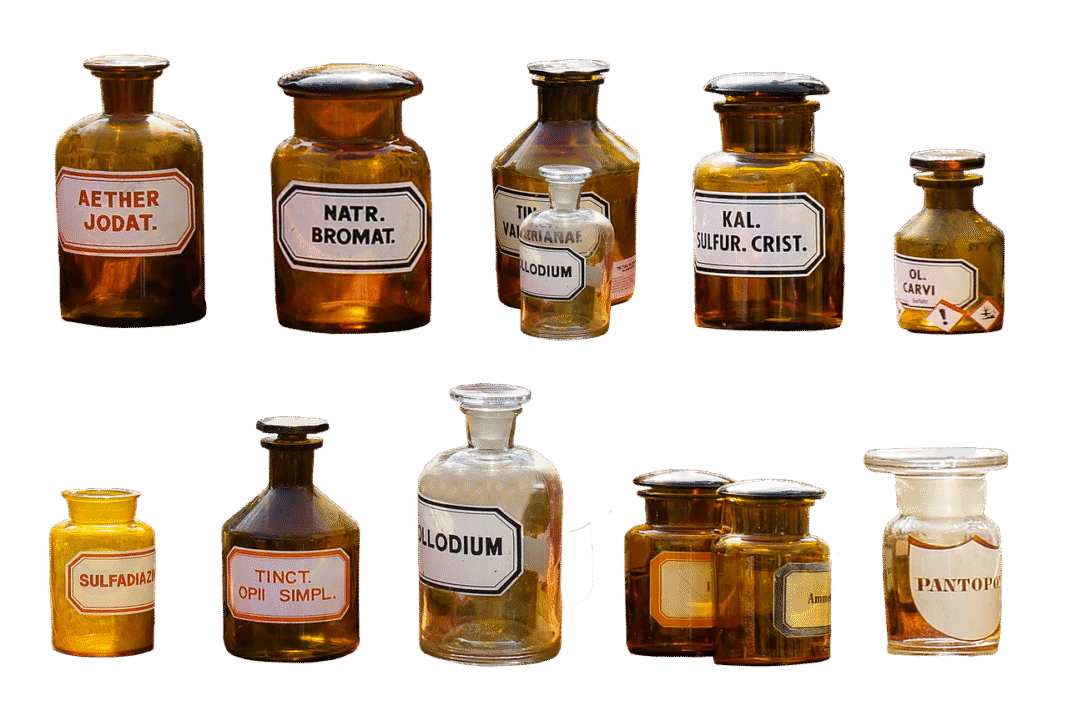Ensuring our beloved pets get the nutrition they need goes beyond just filling their bowls with food. Just like humans, animals can sometimes benefit from supplemental vitamins to address specific health needs or nutritional gaps. Understanding the role of animal vitamins can empower you to make informed decisions and keep your furry, scaled, or feathered friends thriving.
Why Consider Animal Vitamins?
Addressing Nutritional Deficiencies
Even with a high-quality commercial diet, some animals may develop nutritional deficiencies. This can be due to several factors:
- Age: Senior animals often have reduced absorption rates and may require higher doses of certain vitamins. For example, older dogs may benefit from vitamin E supplementation to support immune function.
- Health Conditions: Certain medical conditions can interfere with nutrient absorption or increase the need for specific vitamins. A pet with kidney disease might require Vitamin D supplementation to support calcium absorption.
- Dietary Restrictions: Homemade diets, while sometimes necessary for allergies or specific health needs, can easily lack essential nutrients if not properly balanced. Consult with a veterinary nutritionist to formulate a balanced homemade diet.
- Stress: Stressful situations, such as travel or illness, can deplete vitamin stores. Probiotics and B-vitamins can help support the gut microbiome and nervous system during times of stress.
Supporting Overall Health and Wellness
Animal vitamins aren’t just for correcting deficiencies; they can also play a preventative role in maintaining overall health:
- Immune System Support: Vitamins C and E are powerful antioxidants that can bolster the immune system, helping animals fight off infections.
- Joint Health: Glucosamine and chondroitin are popular supplements for supporting joint health in older dogs and cats, helping to alleviate pain and improve mobility.
- Coat and Skin Health: Biotin and omega-3 fatty acids can promote a healthy, shiny coat and reduce skin inflammation. A dry, flaky coat could be a sign of a biotin deficiency, especially in animals consuming raw eggs.
- Energy Levels: B-complex vitamins are crucial for energy production. If your pet seems lethargic, a B-vitamin supplement may help.
Species-Specific Needs
It’s crucial to understand that different animal species have different vitamin requirements. What’s safe and beneficial for a dog could be harmful to a cat, bird, or reptile.
- Dogs and Cats: Dogs and cats typically require similar vitamins and minerals, but the dosages will vary based on size, age, and health status.
- Birds: Birds often need Vitamin A, D3, and calcium supplementation, especially those fed seed-based diets.
- Reptiles: Reptiles have unique requirements, with many requiring Vitamin D3 and calcium to prevent metabolic bone disease. Always consult with a herpetological veterinarian for specific dietary needs.
- Horses: Horses can benefit from various vitamins and minerals, depending on their workload and diet, including Vitamin E, selenium, and biotin.
Choosing the Right Vitamins
Reading Labels Carefully
Just like with human supplements, it’s crucial to read the labels of animal vitamins carefully. Look for the following:
- Ingredients List: Make sure the supplement contains the specific vitamins you’re looking for and that they are in a bioavailable form.
- Dosage Instructions: Follow the dosage instructions carefully. Giving too much of certain vitamins can be harmful.
- Third-Party Certifications: Look for supplements that have been tested by a third-party organization like the National Animal Supplement Council (NASC). This ensures quality and purity.
- Expiration Date: Ensure the product is not expired.
Consulting with Your Veterinarian
The most important step in choosing animal vitamins is to consult with your veterinarian. They can help you determine if your pet has any nutritional deficiencies and recommend the appropriate supplements and dosages.
- Blood Tests: Your veterinarian may recommend blood tests to assess your pet’s vitamin levels and identify any deficiencies.
- Dietary Assessment: Discuss your pet’s diet with your veterinarian to identify any potential nutritional gaps.
- Medication Interactions: Your veterinarian can check for any potential interactions between vitamins and any medications your pet is taking.
Understanding Different Forms of Vitamins
Animal vitamins come in various forms, including:
- Tablets: Easy to administer for some animals, but can be difficult for others. Consider pill pockets or hiding the tablet in a treat.
- Chewable Treats: Often palatable and easier to administer than tablets, but check the ingredient list carefully for potential allergens.
- Liquids: Can be easily mixed into food, making them a good option for picky eaters.
- Powders: Similar to liquids, powders can be easily mixed into food.
- Injections: Administered by a veterinarian and are typically used to treat severe deficiencies.
Potential Risks and Side Effects
Over-Supplementation
It’s important to avoid over-supplementation, as excessive amounts of certain vitamins can be harmful.
- Vitamin A Toxicity: Excessive vitamin A can cause bone problems and liver damage.
- Vitamin D Toxicity: Too much vitamin D can lead to calcium deposits in soft tissues, including the kidneys and heart.
- Iron Overload: Excessive iron can cause gastrointestinal upset and liver damage.
Interactions with Medications
Some vitamins can interact with medications, potentially reducing their effectiveness or increasing the risk of side effects.
- Vitamin K and Blood Thinners: Vitamin K can interfere with the effectiveness of blood thinners.
- Antioxidants and Chemotherapy: Some antioxidants may interfere with the effectiveness of chemotherapy drugs.
Choosing Quality Products
Not all animal vitamins are created equal. Choose reputable brands that have been tested for quality and purity.
- Look for NASC certification.
- Read online reviews.
- Avoid products with artificial colors, flavors, or preservatives.
- Purchase from reputable retailers.
Practical Examples and Tips
- Senior Dog with Arthritis: Supplement with glucosamine, chondroitin, and omega-3 fatty acids to support joint health.
- Cat with Dry Skin: Add omega-3 fatty acids to their diet or use a topical omega-3 spray to improve skin hydration.
- Bird on a Seed-Based Diet: Supplement with a multivitamin specifically formulated for birds to address common nutrient deficiencies.
- Reptile with Metabolic Bone Disease: Ensure adequate UVB lighting and supplement with calcium and Vitamin D3.
- Stressed Dog: Give B-complex vitamins and probiotics to support the nervous system and gut health.
- Administering Pills: Use pill pockets, peanut butter (check for xylitol!), or hide the pill in a small piece of cheese.
- Mixing Powders: Wet the food slightly before adding the powder to help it adhere.
- Monitoring Your Pet: Watch for any signs of adverse reactions, such as vomiting, diarrhea, or skin rash.
Conclusion
Animal vitamins can be a valuable tool for supporting your pet’s health and well-being, but it’s crucial to use them responsibly. By consulting with your veterinarian, choosing high-quality products, and following dosage instructions carefully, you can help your animal thrive. Remember, vitamins are not a substitute for a balanced diet and regular veterinary care. Always prioritize a healthy lifestyle and seek professional advice for any health concerns.



